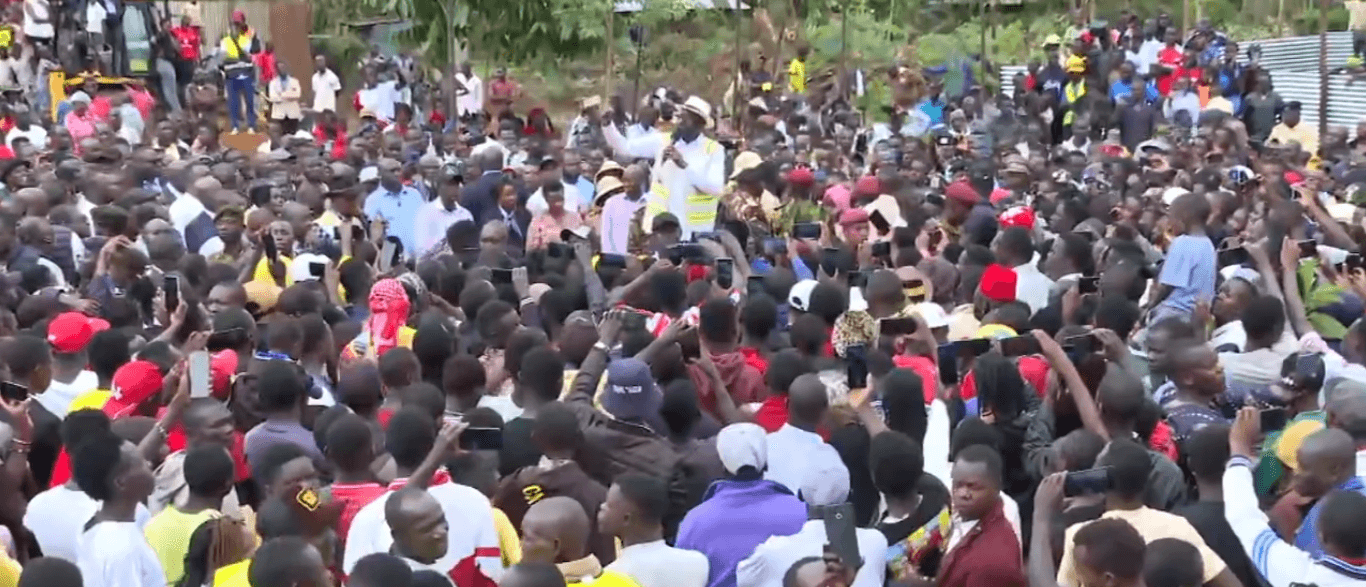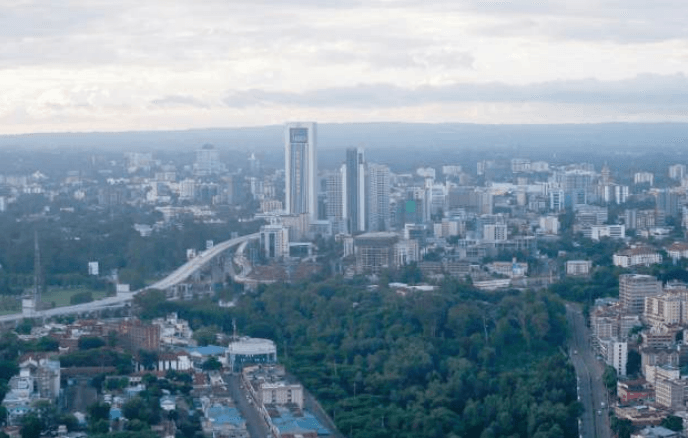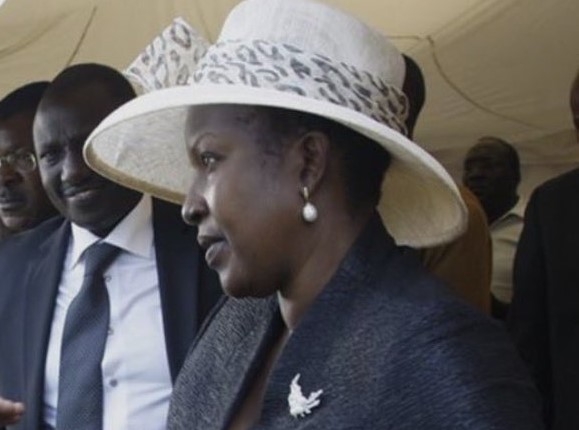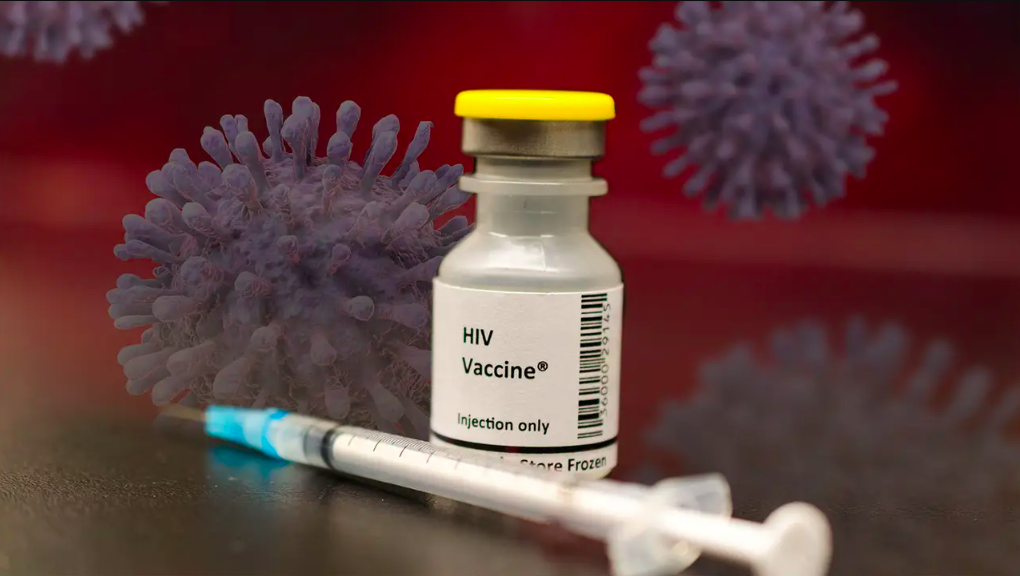
One of the key challenges in HIV vaccine development has
been finding a way to train the immune system to produce antibodies that can
target many variants of the virus.
Traditional approaches have not worked, largely because HIV mutates rapidly and hides key parts of itself from the immune system.
Now, a new study combining data from two separate phase 1 clinical trials shows that a targeted vaccine strategy can successfully activate early immune responses relevant to HIV, and, in one trial, further advance them – a key step toward a long-sought goal in vaccine development.
Conducted by an international team led by scientists at IAVI and Scripps Research, the trials included nearly 80 participants from both North America and Africa, laying essential groundwork for a future HIV vaccine with global potential. The study, which involved Kenyan researchers, was published in Science on May 15, 2025.
One of the trials tested a stepwise vaccination strategy, in which a priming dose and a distinct booster dose were given sequentially to guide the immune system through stages of antibody development.
That trial demonstrated that administering this combination – a technique known as heterologous boosting – could further advance the immune response in humans. The second trial focused on the priming stage and showed that an initial vaccine dose could successfully activate the desired immune cells in African participants, supporting the use of this approach in regions most affected by HIV.
In both trials, the vaccines were delivered using an mRNA-based vaccine platform – similar to the technology used in the Covid-19 vaccines – which enabled faster production and clinical testing and provided strong immune responses.
“We’ve now shown in humans that we can initiate the desired immune response with one shot and then drive the response further forward with a different second shot. We’ve also shown that the first shot can work well in African populations,” said senior author William Schief, a professor of immunology and microbiology at Scripps Research, and executive director of vaccine design at IAVI’s Neutralising Antibody Centre. Iavi has regional offices in Nairobi.
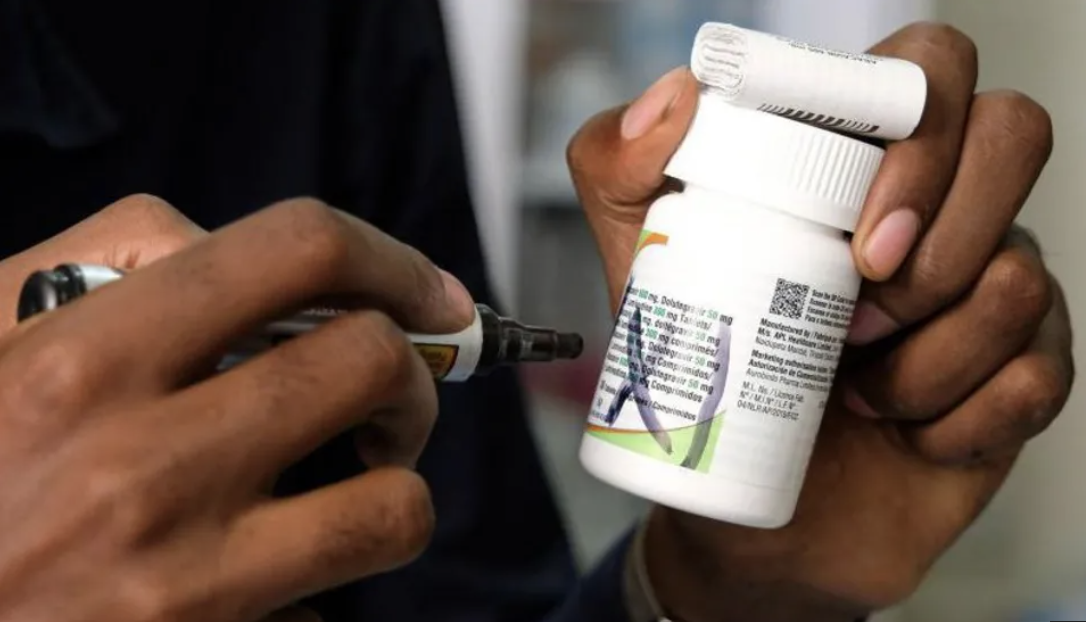 An estimated 1.4 million people are living with HIV in Kenya. /BBC/AGENCY
An estimated 1.4 million people are living with HIV in Kenya. /BBC/AGENCY
“These incredibly exciting results underscore the importance and capability of global partnerships to drive cutting-edge science,” said Julien Nyombayire, executive director of the Center for Family Health Research in Kigali, Rwanda, and one of the lead principal investigators of G003. “It was essential to conduct this evaluation in African populations to ensure that our results reflect the safety and immunologic data from high-burden communities who would deeply benefit from an HIV vaccine.”
Mark Feinberg, president and CEO of IAVI said the results
validate the rational vaccine design that underpins this approach.
“A vaccine would be a tremendous step forward for global health and could help bring an end to the HIV pandemic. This effort has been made possible by a phenomenal collaboration of scientific research institutions, funders, private sector and government—and is a testament to the power of partnership-driven scientific inquiry.”
Broadly neutralising antibodies, or bnAbs, are a rare type of immune defence that can recognise and block a wide range of HIV variants. Unlike standard antibodies, which often only recognise a specific variant of the virus, bnAbs target parts of HIV that stay the same even as the virus mutates. Scientists have long viewed bnAbs as the immune system’s best shot at preventing HIV infection.
The first step in helping the body produce bnAbs is through what’s known as a priming vaccine: an initial dose designed to activate rare, naïve B cells with the potential to eventually produce bnAbs.
This approach is called germline targeting. B cells are a type of white blood cell that play a central role in the immune system by making antibodies that recognize and fight off viruses and other threats.
Later vaccine doses, known as boosters, guide those cells through a process of maturation toward producing HIV-targeting antibodies. Even though these trials were not intended to generate bnAbs themselves, they demonstrated that the vaccine strategy to deliver a series of different shots to guide the immune system to produce bnAbs has great promise.
The Kenyan scientists who took part in the study are from the KAVI – Institute of Clinical Research, based at the University of Nairobi; Kemri Wellcome Trust Research Programme; IAVI; US’s Duke University; and the US National Institute of Allergy and Infectious Diseases.


